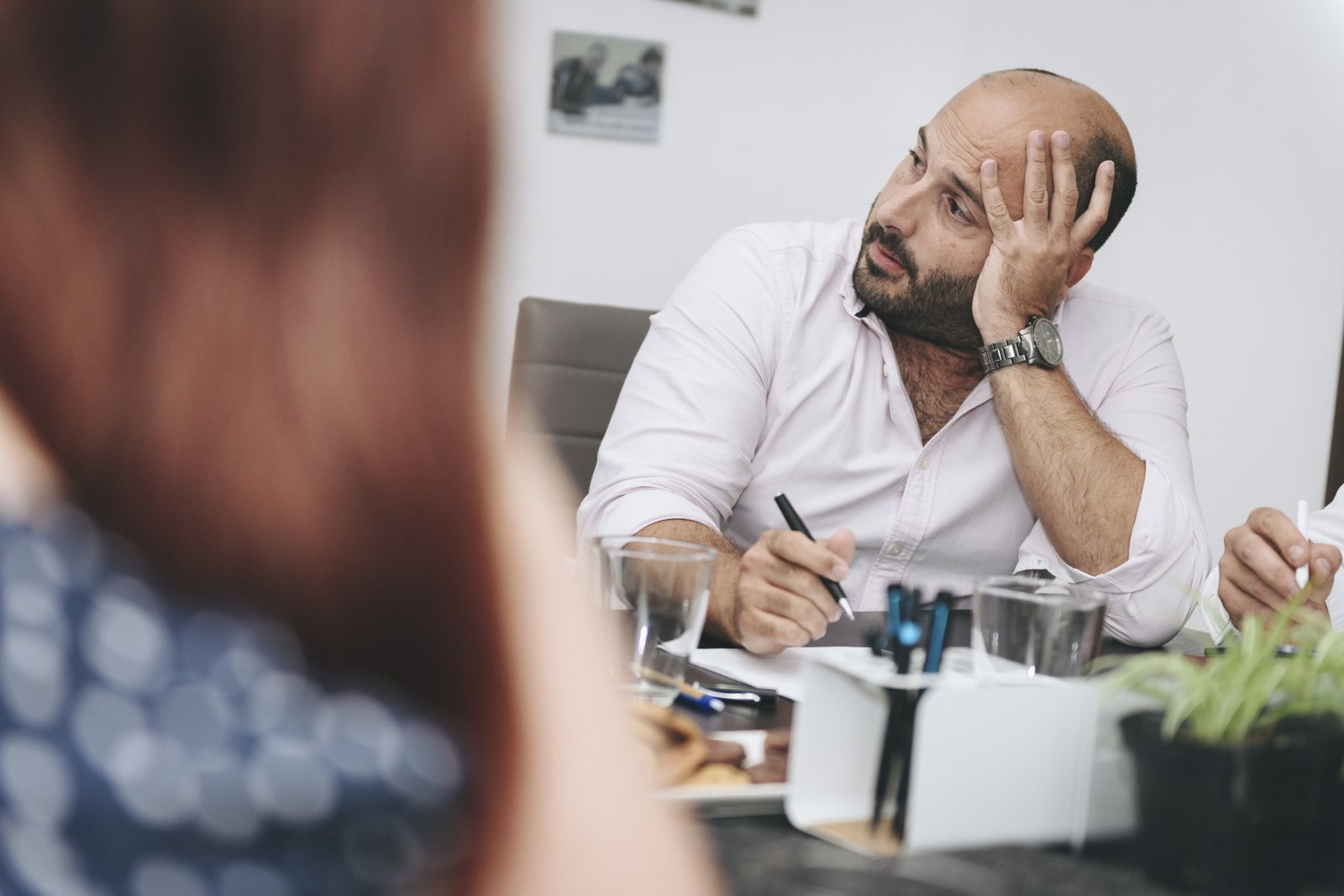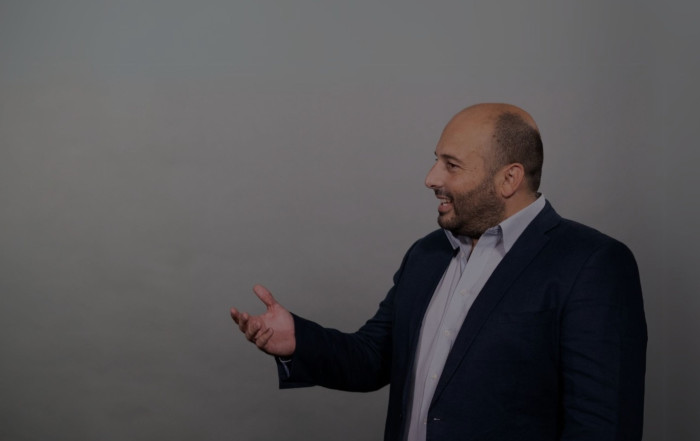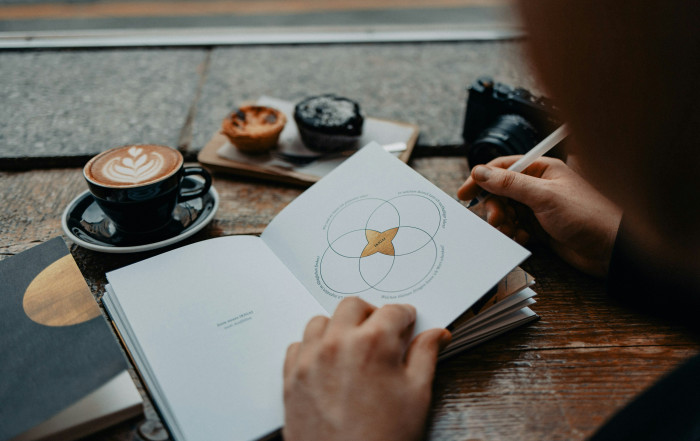As a sex and relationship therapist, you may think I’ve always succeeded in my personal relationships. However, my trip has been far from ideal. I’ve had several relationship disasters, accepting behaviour that I should never have endured and behaving in ways that I’m embarrassed to recollect. These encounters have been both humbling and enlightening, teaching me significant lessons about relationships and sexuality.
In multiple relationships, I found myself tolerating behaviour that was damaging and totally contrary to my own principles. I might save my partner by tolerating these acts or repairing our relationship. This false feeling of obligation caused me to stay in the wrong settings for far longer than I should have, undermining my self-esteem and personal boundaries.
Looking back, numerous behaviours I committed make me feel embarrassed. Amid my inner struggle, I behaved out of desperation, insecurity, and a lack of self-awareness. These behaviours harmed not just my relationships but also my self-image and the person I was with. I now realise that these behaviours were motivated by fear and a misunderstanding of my wants and goals. Sometimes, even due to staying past the time when I should have moved on from that partnership.
Despite my professional background, most of my knowledge of relationships and sexuality stems from personal experience. Each unsuccessful relationship provided a bitter but essential lesson. I learnt about the complexity of intimacy, the value of communication, and the necessity of mutual respect and understanding. These events emphasised the gap between academic knowledge and real-world application, motivating me to develop both personally and professionally.
- Not Attempting to Save My Partner.
One of the most important things I learned was that it was not my job to save my partner/s. Each individual is accountable for their own development and recovery. While I may be helpful and caring, doing the job for them hinders their growth and creates an unhealthy situation, sometimes even causing them to resent me. It is critical to understand the distinction between being present for someone and taking on their responsibilities.
- Ego and its consequences
Another important takeaway is the negative influence of ego on relationships. Allowing my ego to govern my behaviour resulted in avoidable conflict and damaged relationships. I discovered that humility and self-awareness are essential for effective partnerships. Ego-driven actions may bring temporary joy, but they eventually hurt both myself and the people around me in the long run. Sometimes, it felt like I was at war with my partner when I was only at war with myself.
- Importance of Vulnerability
Vulnerability is critical for connection and fulfilment in relationships. I realised that being vulnerable is not only acceptable but also vital. True intimacy is only possible when both partners are open and honest about their emotions and worries. However, it is also crucial to consider who you are vulnerable with. Trust and emotional safety are necessary for healthy vulnerability.
- Forgiving Myself and Rebuilding
One of the most essential lessons was how to forgive myself sooner and more effectively. Dwelling on self-criticism and shame was a waste of vital energy that could have been used to repair and move on. By practising self-compassion and concentrating on positive behaviours, I could recover from failures faster and progress significantly. This adjustment helped not only my resilience but also my general approach to entrepreneurship.
- Investing in education
After experiencing the personal cost of sexual and relationship ignorance, I have dedicated a large portion of my time and energy to the education of youth. I have seen the negative consequences of a lack of information on individuals. As a result, I am devoted to educating children and teenagers about these critical issues from an early age. Doing so will provide them with the skills and knowledge they need to have healthy, happy relationships while avoiding the traps I faced.
Conclusion
My development as a sex and relationship therapist has been inextricably linked to my personal experiences of failure and progress. I discovered the hard way that condoning inappropriate behaviour, acting out of ego, and attempting to save my spouse are all routes to dysfunction and misery. Embracing vulnerability, establishing healthy boundaries, cultivating mutual respect, and investing in knowledge are essential for good partnerships. These teachings have benefited my personal life and professional career, helping me assist others with empathy and compassion. While my prior errors are embarrassing, they also demonstrate my perseverance and drive to development. These failures have made me a better therapist and a more sympathetic person.
Share this Blog
Recent Thoughts
Rumours, Noise and Real Growth: Learning to Keep My Eyes on the Road
“Matthew is a closeted gay.”“Matthew jumps from woman to woman.”“He’s money-minded.”“I’ve heard he sees women for free if they ‘offer favours’.”“I’ve heard he’s
Ikigai vs. Workaholism: Why I’ve Given Up Perfectionism and Workaholic Tendencies
1) Facing Challenges Head-On Throughout my career, I've always faced problems head-on. Confronting challenges directly is part of who I am. However, there




